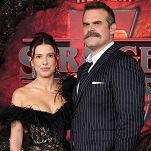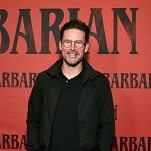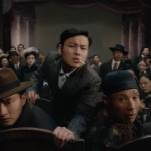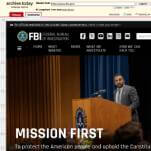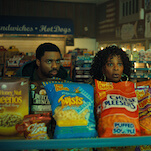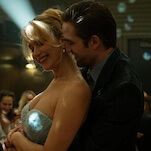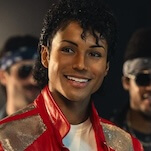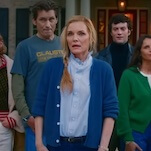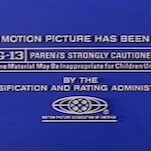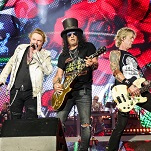Michael Lewis: Next: The Future Just Happened

In the wake of dot-com implosions and plummeting tech stocks, the average postmortem wrote off the Internet as overhyped marginalia, a giant black hole for venture-capitalist billions. But Michael Lewis, who only two years ago wrote about Netscape founder Jim Clark and his grossly inflated Healtheon in The New New Thing, still sees the Internet's impact as profound, though contrary to Big Business' intentions. Compiled and expanded mostly from articles originally commissioned by The New York Times Magazine, Lewis' compelling and persuasive Next argues that the Internet revolution has already been fought, and won handily, by the guerrillas. In his view, the failure of e-commerce only tells half the story. Over just a short period, the free flow of information has turned the old business model on its head, demolishing long-accepted hierarchies, erasing the distinction between amateurs and professionals, and wresting power away from the elite. Led by a new generation of youths who can grasp the possibilities, the Internet has flattened "pyramids" into "pancakes" by taking control away from monolithic entities and giving equal weight to anyone with a modem. Lewis specifically looks at some thorns in the sides of established industries: Some are pricklier than others, but taken together, they symbolize a radical changing of the guard. He begins with Jonathan Lebed, a 15-year-old New Jersey suburbanite who ran into trouble with the SEC for "manipulating the market" to the tune of $800,000. Using accounts set up in his parents' names, Lebed bought stock in minuscule companies, talked them up on bulletin boards such as Yahoo! Finance, and made a handsome profit on the inflated gains. The SEC had a clear-cut case against him, but Lewis makes the convincing argument that they're maintaining a double standard, punishing the kid for doing what so-called "professionals" do every day on CNBC. What makes their advice any more legitimate than his? That question returns in the case of 15-year-old Marcus Arnold, the gifted son of a single mother, England, who posed as a lawyer on AskMe.com and climbed the site's rankings for his presumed expertise. When he finally revealed his true identity, a few of the actual professionals revolted, but a tremendous groundswell of support from Arnold's clients suggested that the information was more important than the source. Another teenager, Justin Frankel, offered an immediate threat to the entertainment industry with Gnutella, a free piece of software that allows users to share music, books, films, and any other files pooled on their collective computers. Gnutella was born after America Online hired Frankel and laid out upwards of $70 million for his company, Nullsoft; AOL stamped out Frankel's version of the software, though it quickly resurfaced elsewhere in other forms. Frankel, never the model employee, promptly created a program designed to block advertisements on AOL Messenger. Later in the book, the threat posed by "black boxes" such as TiVo and Replay—which can skip the ads on recorded TV shows—gets the same response from the networks, which each pour tens of millions into keeping their enemies close. But Lewis implies that the growth and increasing speed of the Internet can only keep the wolves at bay for so long. Though the chapters are arranged haphazardly under a broad, unwieldy banner ("The Social Impact Of The Internet"), Next is a lively, relevant, mordantly funny look at things to come. As its subtitle implies, there could be a new world before the book hits paperback.






